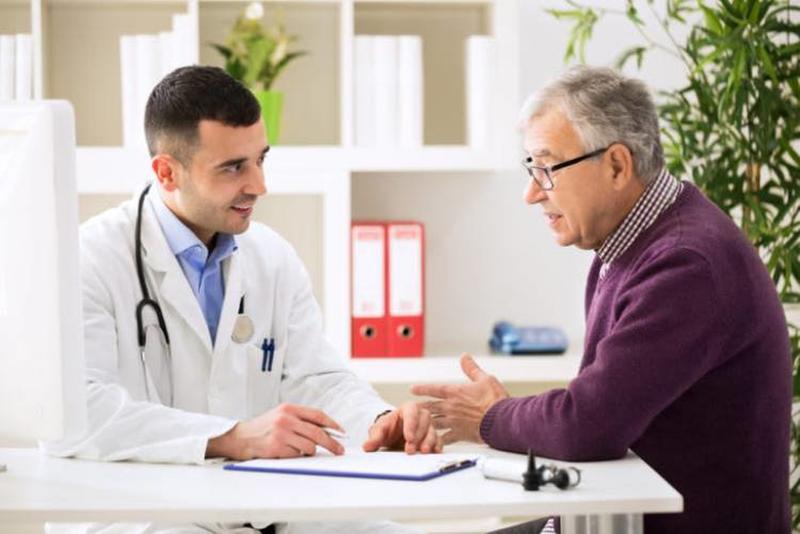When the blood turns from its healthy liquid state to a gelatinous, solidified state, the result is what scientists describe as a 'blood clot'. Because they resemble solids, once they form, they tend to block the path of normal blood circulation. They can be very deadly if they migrate over from their place of origin and reach important organs such as the lung or heart.
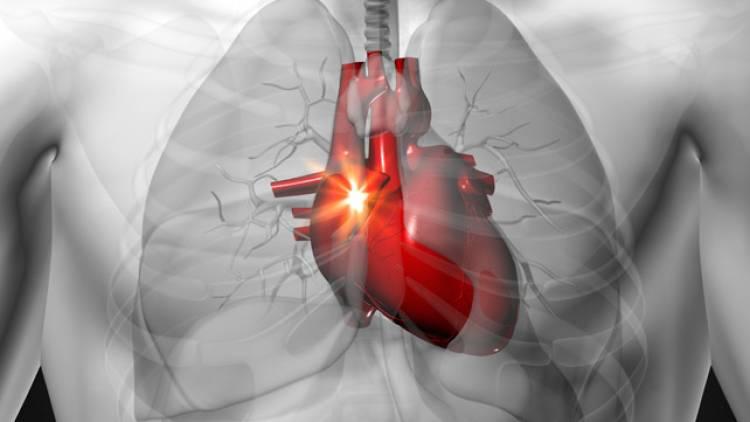
If the blood clot reaches the lungs, it can cause a ruckus in your chest. Consequently, there is lack of oxygen which results in the heart trying to make up for this abrupt shortage. This is a red flag which you should watch out for.
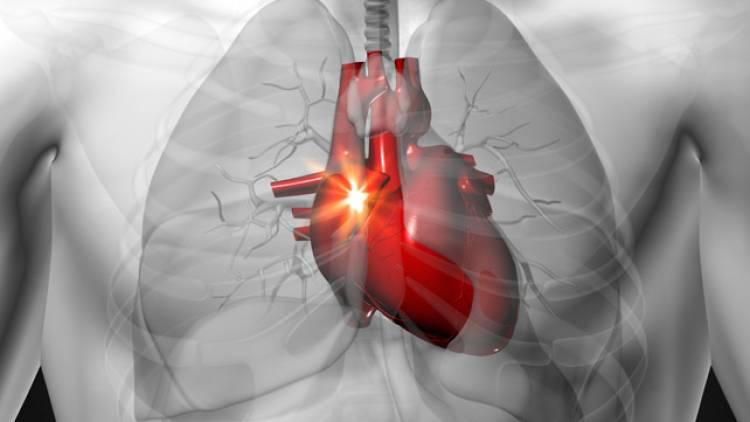
If it has suddenly become very difficult to take deep breaths without overexerting yourself, it could be a symptom of blood clots in your lungs. This is called a pulmonary embolism. It is time to get a doctor's appointment.
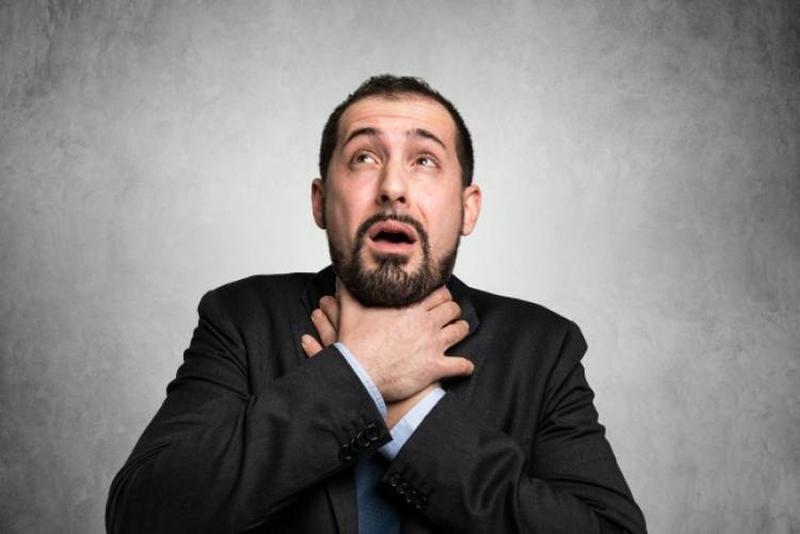
If unexpected bouts of dry coughs have suddenly appeared along with shortness of breath and an elevated heart rate, it could be a sign of blood clot. You might end up coughing blood as a result of this problem.

When breathing results in chest pains, it is a symptom of pulmonary embolism. This pain is very sharp and feels like someone is trying to stab through you. This can even feel like a heart attack because it is in close proximity.

When breathing results in chest pains, it is a symptom of pulmonary embolism. This pain is very sharp and feels like someone is trying to stab through you. This can even feel like a heart attack because it is in close proximity.
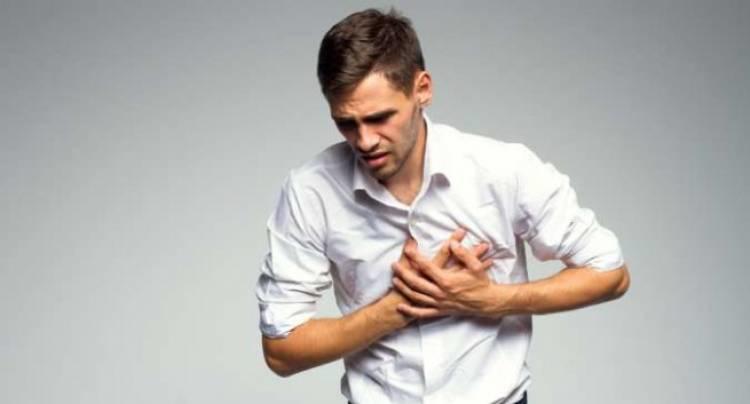
When red and dark spots begin to appear on your skin without a reason, they usually mean there is a blood clot forming around the region. You could also feel a bit of pain around the area.
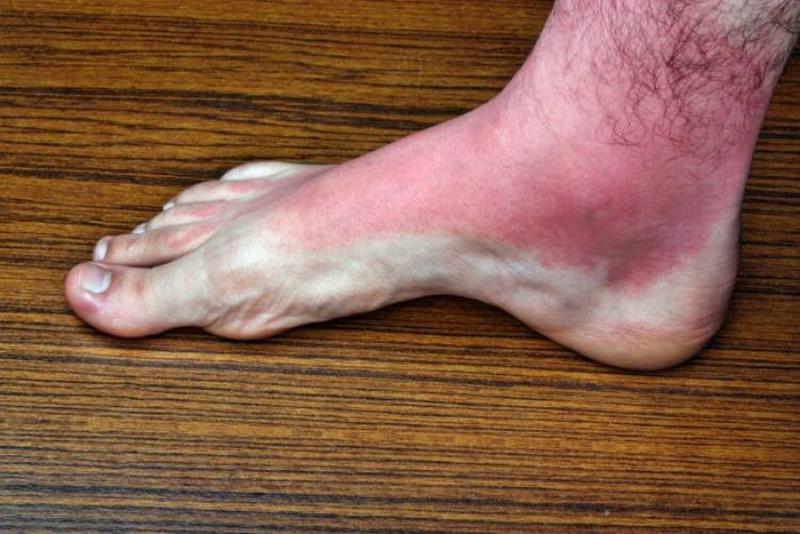
If one of the areas of your body has bloated, it is yet another sign of deep vein thrombosis. This is very dangerous because the clot could make its way to one of your organs any minute now. Rush to the ER if you see an unexpected swelling.
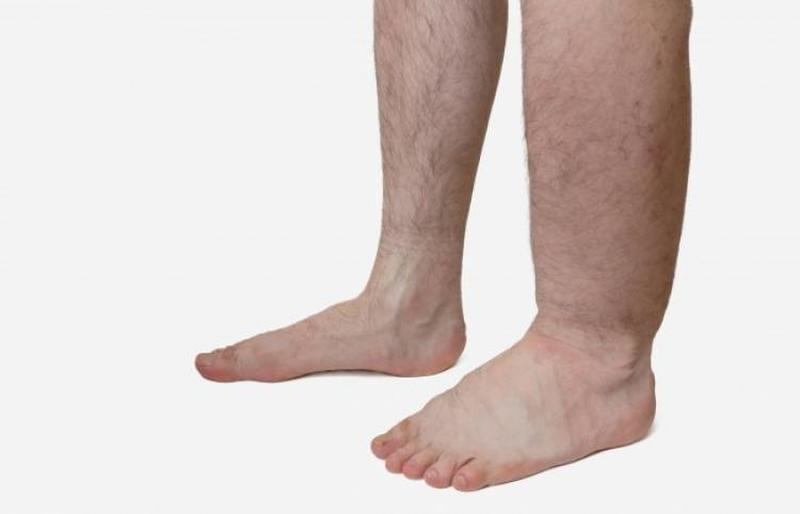
It is not easy to diagnose deep vein thrombosis at home but the most common symptom of this problem is that you might have pain. It is easy to confuse them for muscle cramps but one of their defining traits is how they amplify when you walk or flex your feet.
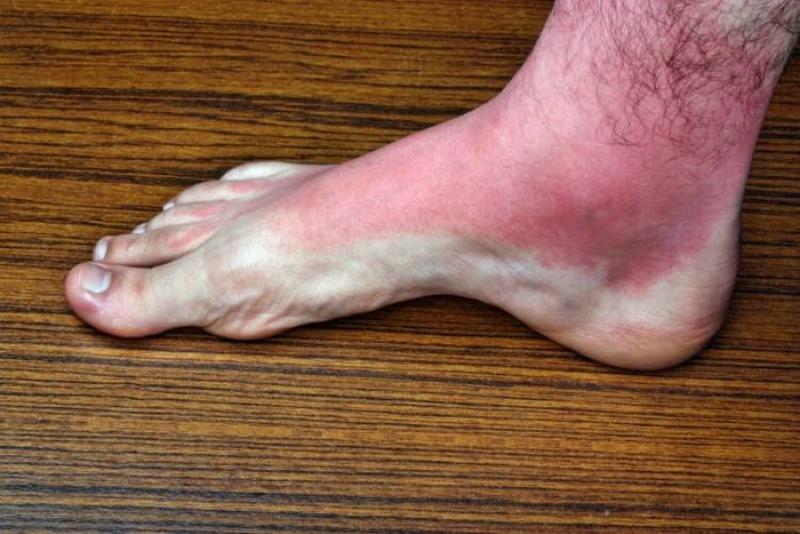
This is yet another sign of blood clots forming, but more specifically alludes to blood clots forming in your abdomen. This is one of the signs of mesenteric ischemia. The vomiting is often accompanied by severe pain in the abdominal area.
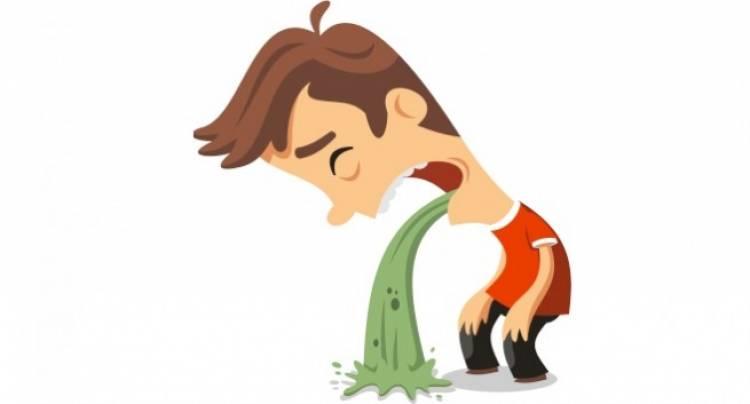
These red streaks appear along the length of your veins and have a warm feeling to them. They are not caused by bruises and need immediate attention by a trained medic. Do not underestimate the implications here.
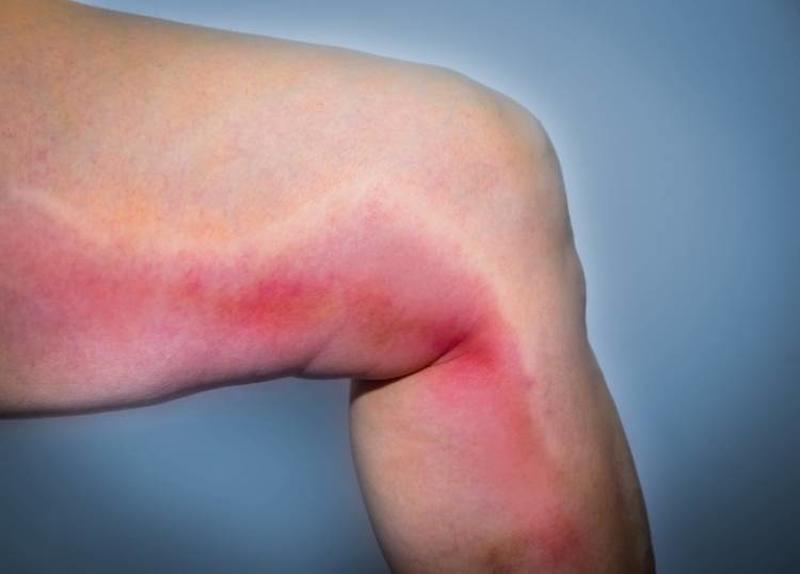
Blood clots forming in the retinal artery is a very serious problem and requires urgent medical attention. If there are additional symptoms such as vertigo, loss of vision, blindness and problems keeping your balance, seek a doctor's aid promptly.
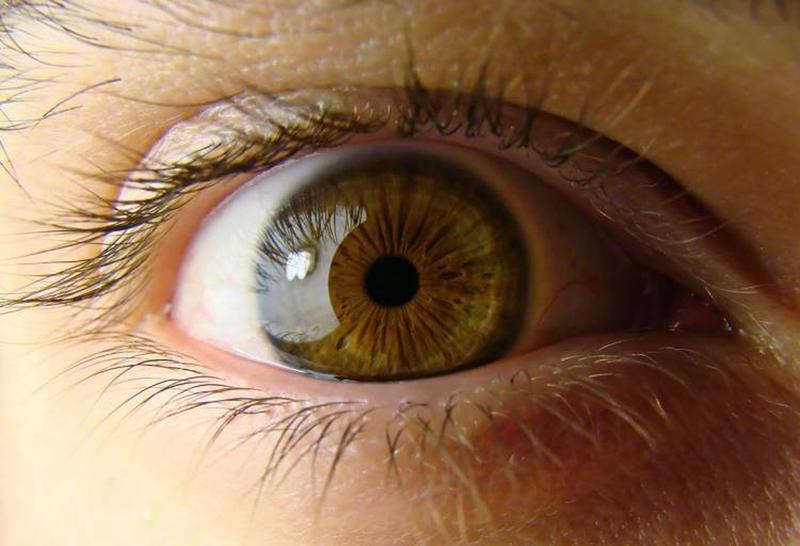
If the skin is itching, throbbing and feels warm to the touch and don't just go away with the passage of time without responding to home remedies, it is time you had an expert check your situation.

When you feel like you're just about to drop into a stupor of unconsciousness, this could be a sign that the body is unable to dissolve the blood clots naturally on its own. It is accompanied by labored breathing.
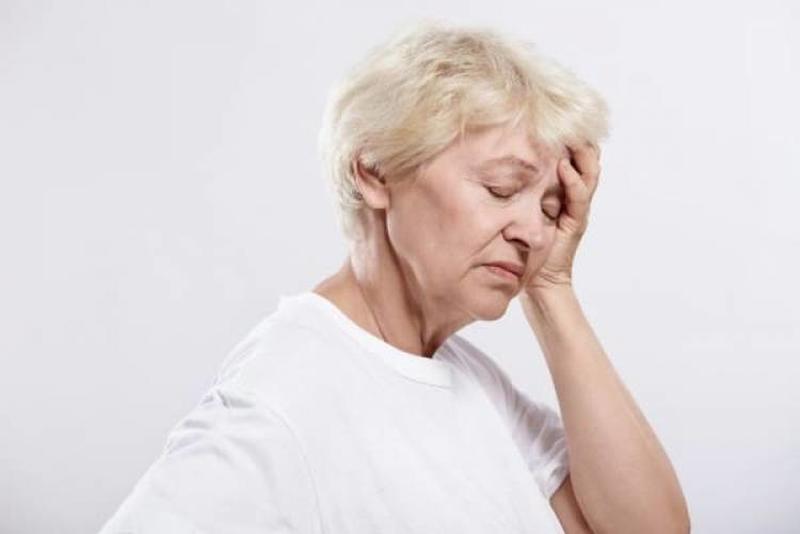
When the body's defense mechanisms have to work overtime, it takes a toll on them. This can be more true in the case of deep vein thrombosis. If your fatigue won't go away with time, it could be a sign.
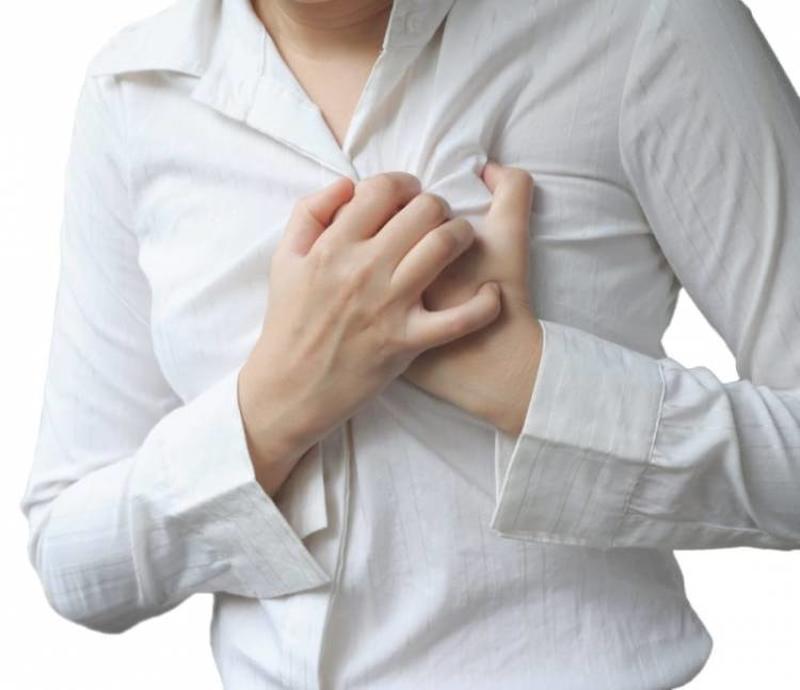
When blood clots detach from their place of origin and enter into the blood steam they can cause mild fever. They are accompanied by other symptoms such as sweating, shivering, weakness and diminished appetite which don't go away easily.

This is an extremely alarming fact but more than half of the people experiencing blood clots in their legs show little to no symptoms at all. Even the larger blood clots (which are more dangerous) show zero symptoms - until it's too late.
